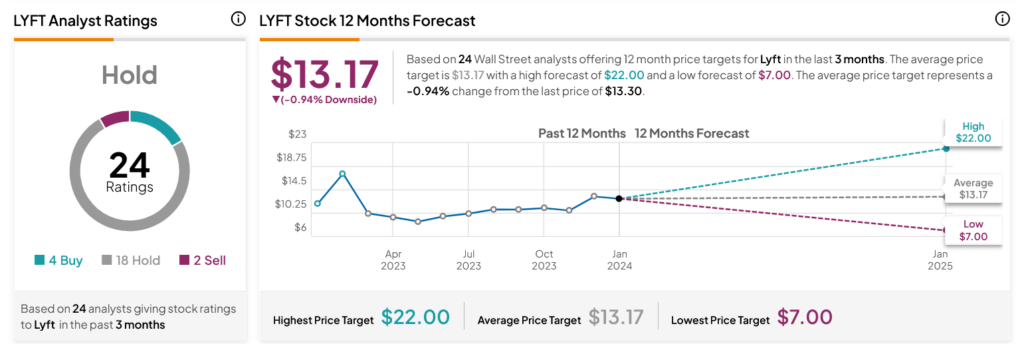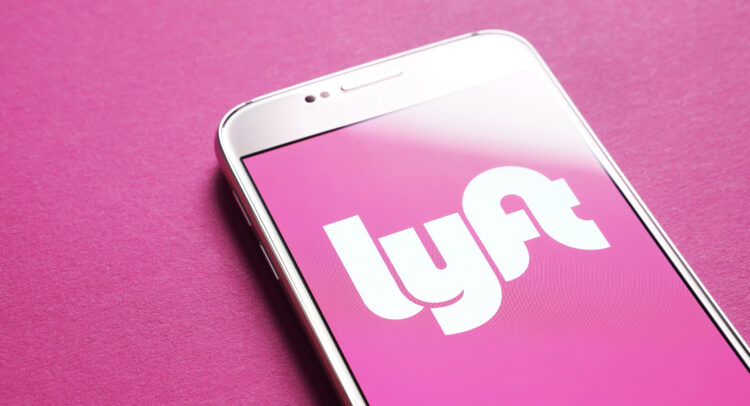Normally, when people think ride-sharing, Uber (NASDAQ:UBER) is first on the list. But Lyft (NASDAQ:LYFT) has been right there in the market right alongside it, even if it hasn’t done nearly as well as Uber has. And today, it took a bit of a hit to its share price as Goldman Sachs offered up some mixed praise for the stock.
Lyft has been on an upward tear as of late, with shares up over 30% just since November. But there have been quite a few problems too, not least of which is competing with Uber. Meanwhile, rising insurance costs, troubling macroeconomic indicators that suggest fewer people will be wanting a night out soon, and labor troubles as the government forces it to make employees out of its independent contractors haven’t helped. Yet, even with these troubles, Lyft is seeing increased use and improved prices. And all of that combined is why Goldman Sachs dropped Lyft from Buy to Neutral, while at the same time hiking the price target from $12 per share to $15.
Lyft’s Competition is Increasing
While Lyft is having a tough time fending off Uber as a competitor, it’s also discovering it’s got some home-grown competition as well. In Minnesota, the Minnesota Valley Transit Authority recently unveiled Connect, a Lyft-esque ride-sharing service that uses single cars to get users from one place to another directly, instead of via routes in mass transit. Connect is actually doing so well that the state legislature pumped another $9 million into it to help it keep up with demand. These so-called “microtransit” systems are starting to catch on, and that’s likely to leave Lyft in the lurch.
Is Lyft a Buy, Sell, or Hold?
Turning to Wall Street, analysts have a Hold consensus rating on LYFT stock based on four Buys, 19 Holds, and two Sells assigned in the past three months, as indicated by the graphic below. After a 8.93% loss in its share price over the past year, the average LYFT price target of $13.17 per share implies 0.94% downside risk.

















